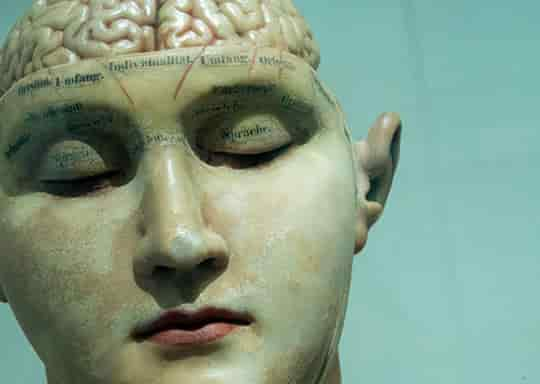Approaching 1 million people were included in the research.
Marriage can reduce the risk of developing dementia by 42 percent, research finds.
The conclusions come from 15 studies published over many years involving over 800,000 people in three continents.
The results showed that compared with married people, lifelong singletons were 42 percent more likely to develop dementia.
People who were widowed had a 20 percent increased chance of developing dementia.
Divorce, though, was not linked to an increased risk of dementia.
More recent studies included in the review suggest the benefit from being married is reducing, although it is not clear why.
The protective effect of marriage could be down to couples helping each other live healthier lives.
They may exercise more, eat a healthier diet and get more social stimulation.
The study’s authors conclude:
“Being married is associated with reduced risk of dementia than widowed and lifelong single people, who are also underdiagnosed in routine clinical practice.
Dementia prevention in unmarried people should focus on education and physical health and should consider the possible effect of social engagement as a modifiable risk factor.”
The study was published in the Journal of Neurology Neurosurgery & Psychiatry (Sommerlad et al., 2018).

